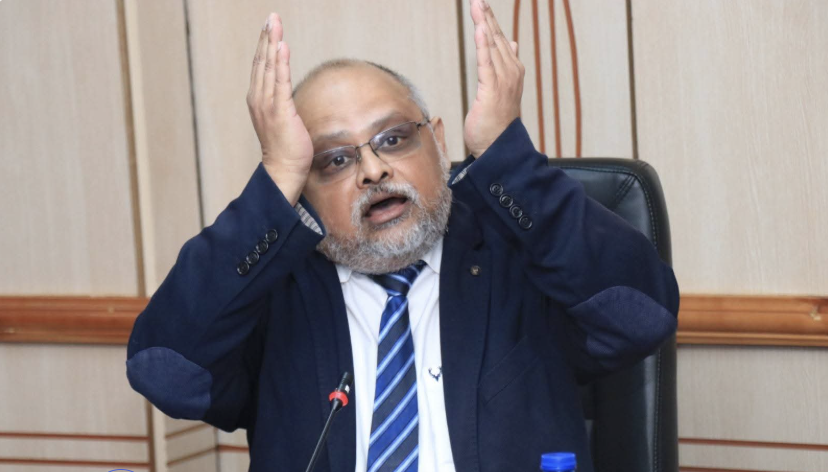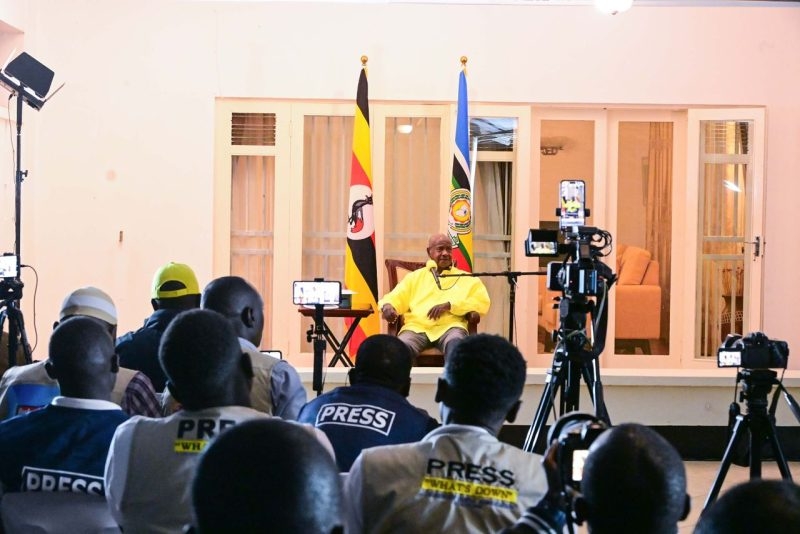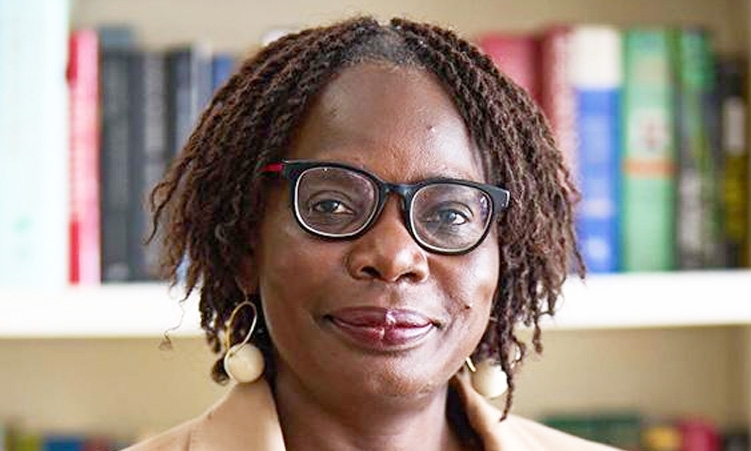
 Dr Srinivas Murthy from Mediheal
hospital during a media briefing on
July 29 /HANDOUT
Dr Srinivas Murthy from Mediheal
hospital during a media briefing on
July 29 /HANDOUT
Mediheal Group of Hospitals has defended its kidney transplant programme, insisting all the procedures were performed in strict adherence to medical ethics.
This is even as it emerged that the facility has carried out over 300 transplants over a four-year period, between 2018 and 2022.
The group’s chief consultant, Dr Srinivas Murthy, told MPs probing the alleged illegal transplants that all their procedures met the global standards and safety protocols.
“My medical evaluation ends where the ethical and administrative evaluation begins,” Dr Murthy said, noting that every case must be cleared by a hospital ethics and transplant committee before surgery is scheduled.
He also revealed that kidney recipients are monitored through the hospital’s system, saying Mediheal maintains comprehensive patient databases to track transplant outcomes.
“I have personally created Excel tracking sheets for every patient,” he said.
“Even when I travel, I can access their data and communicate with referring nephrologists abroad or in other Kenyan towns.”
Addressing recent public concerns, Murthy submitted a detailed insight into the hospital’s transplant operations from patient diagnosis and donor selection to post-surgery follow-up.
The process begins with rigorous medical and ethical evaluations once a patient is identified as a potential transplant candidate.
“My first responsibility is to establish why a patient’s kidney failed in the first place,” he said.
“Transplantation offers a better quality of life but does not cure the original disease, so understanding the cause is crucial for long-term success.”
The team chaired by Seme MP Dr James Nyikal heard that the initial step involves counselling the patient to identify a suitable family donor.
He explained that transplants from close relatives such as a parent, sibling, or child significantly reduce the risk of rejection.
“If a first-degree relative is not available, we expand to cousins or family friends. But every donor must undergo a full evaluation to ensure they are healthy, both physically and psychologically.”
He, however, emphasised that no donor is accepted automatically, even if they are a close relative.
“We never sacrifice donors. Even if a mother wishes to donate to her son, I must confirm her kidney function is at least 80 per cent or higher,” he said.
To ensure compatibility, Murthy said the hospital uses next-generation sequencing, an advanced genetic method for matching donors and recipients beyond traditional blood typing.
“This technology allows us to compare the genes of the donor and recipient,” he said.
“The more unrelated they are, the higher the immunosuppression protocol we must use.”
Each transplant pair also undergoes cross-matching tests on white blood cells to prevent immediate rejection, as well as comprehensive cardiac and metabolic screening.
“Most of our patients have hypertension or diabetes. We conduct angiograms and cardiac evaluations and treat any heart disease before proceeding. For the donor, discharge usually occurs within five days. Sutures are removed after a week, and full recovery is expected within a month,” the doctor said.
“For the recipient, the hospital stay is typically seven to ten days, but follow-up continues indefinitely because immunosuppressive therapy and kidney function monitoring must be maintained for life.”
The hospital also appealed to Members of Parliament to enact stronger laws and oversight mechanisms to strengthen transplant services, ensure donor safety and protect patients from exploitation.
In the absence of a comprehensive legal framework, Murthy cautioned the sector may suffer from misinformation and potential abuse.
Kitutu Chache South MP Anthony Kibagendi urged the committee to consider revisiting Kenya’s legal framework on organ donation and transplantation, citing the lack of a clear deceased donor policy.
“We need to look at the law that we have and what we need to do to help the suffering patients that we have in the country. I don't know whether we have that law or it is something that we need to work on,” Kibagendi said.
To address the legal gaps, Nyikal confirmed that a Transplant and Organ Donation Bill is under review by the Budget and Appropriations Committee for scrutiny and potential publication.
INSTANT ANALYSIS
Organ transplantation is a medical procedure in which a failing organ in a recipient’s body is replaced with a healthy organ from a donor. This life-saving intervention is used to treat end-stage organ failure caused by chronic disease, injury, or genetic conditions.


















